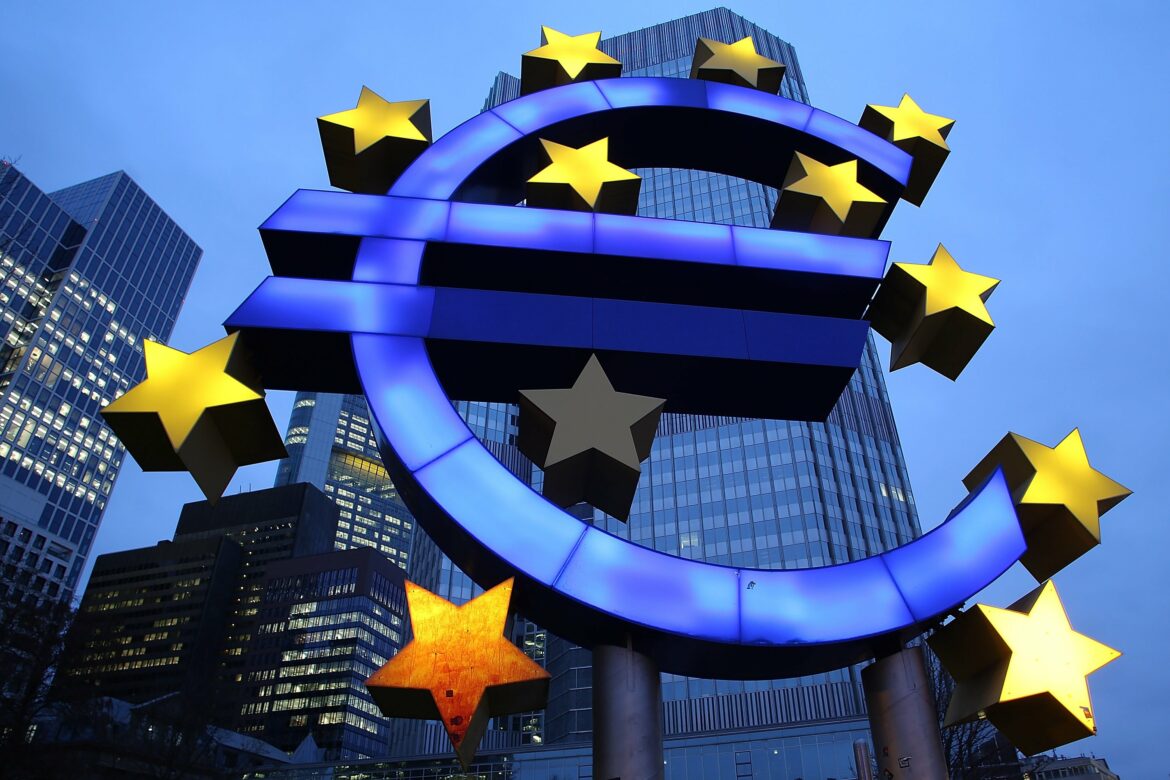Eurozone
The Eurozone, officially known as the Economic and Monetary Union of the European Union (EMU), is a monetary union consisting of 19 member states that have adopted the euro (€) as their common currency. The eurozone was established in 1999 with three stages: economic convergence, establishment of a single market through which capital, services and goods can move freely; and finally establishing an institutional framework for policy coordination among members to ensure stability. As such, it has become one of the largest economic regions in Europe with over 330 million citizens sharing one currency.
Membership Requirements
To join this monetary union there are several criteria countries must meet including commitments to adopt certain fiscal rules set by the EU Council Regulation 1466/97 on budgetary discipline at national level; adoption or implementation of measures necessary for participation in a monetary union like price stability and sound public finances; compliance with requirements related to macroeconomic convergence parameters such as annual inflation rate, long-term interest rates, government budget deficit levels etc.; approval from other Member States via qualified majority vote within the EU Council; endorsement from all relevant international organisations including OECD or IMF if applicable. Apart from these conditions each country’s central bank also needs to be part of ECB system before becoming eligible for joining EMU.
Benefits & Challenges
Joining EMU brings many benefits both economically and politically – primarily reduced exchange cost due to use only one currency across borderless markets thus creating larger economies where businesses can invest more easily while citizens benefit from greater consumer choice when shopping abroad thanks cheaper prices associated with lack transaction fees between different currencies being exchanged inside same zone therefore increasing standard living standards overall too! On top this having shared financial policies allows governments better manage debt since they don’t need worry about fluctuating foreign exchanges during times stress nor do they face risk being locked into any particular exchange rate regime either so it helps reduce uncertainty when making investment decisions especially now days given current global climate where nations often find themselves vulnerable external influences beyond control due volatility world markets increasingly interconnected economy landscape today! However just like anything else there still some challenges come along way even though been successful far achieving its goals providing much needed stability throughout region first place – mainly trying maintain balanced budgets amongst members despite differing levels development between them cause more advanced ones may tend take lead whereas lagging behind won’t able keep up pace time leading potential imbalances eventually threaten whole structure down line…


